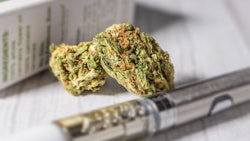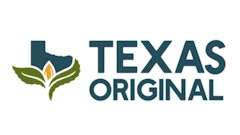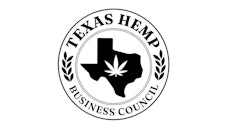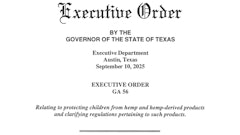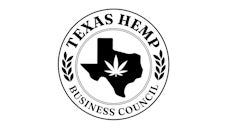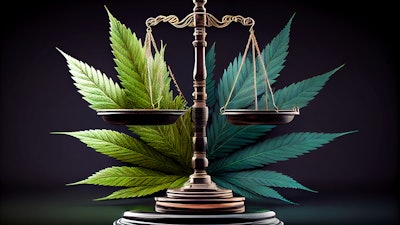
A multiyear effort by government officials attempting to prohibit hemp-derived delta-8 THC products in Texas remains ongoing following a recent court ruling that dealt a temporary win to businesses in the marketplace.
The Texas Court of Appeals for the Third District at Austin ruled Sept. 28 to uphold a decision for an injunction that stops the state’s Department of State Health Services (DSHS) from classifying delta-8 and other THC isomers as Schedule I controlled substances. The case stems from the department acting in 2021 to modify the Texas schedules to include delta-8 THC.
RELATED: Texas Officials Declare Delta-8 THC Illegal
This decision comes at a time when a federal appeals court views delta-8 as legal under the Agricultural Improvement Act of 2018 (the 2018 Farm Bill). For background, the 2018 Farm Bill federally legalized hemp, but many state governments have argued that the intent of the bill was never to allow intoxicating derivatives, like delta-8, to be allowed in the marketplace.
Though delta-8 THC is naturally occurring in cannabis, it can be converted in a lab from cannabidiol (CBD) and delta-9 THC, according to Dr. Ethan Russo, M.D., a board-certified neurologist and founder and CEO of CReDO Science.
Notably, the 2018 Farm Bill defines hemp as a cannabis plant with no more than 0.3% THC on a dry-weight basis. But because 0.3% THC on a dry-weight basis can yield substantial amounts of THC—including hemp-derived delta-8 and delta-9—in heavier items like chocolate bars, cookies and other edibles, companies currently can skirt the law and ship these products throughout the U.S.
But why would hemp businesses in Texas want to do this?
The price per kilogram of crude CBD oil once commanded upward of $7,000 in 2018 but took a nosedive to roughly $500 per kilogram in 2021. This was right around the time that delta-8 products started taking off. And with Texas’ limited-license medical cannabis program restricted to tinctures, edibles and topicals with a 1% THC cap by weight, opportunity for hemp growers and manufacturers to take advantage of certain isomers like delta-8 offered a pathway to profitability.
In July 2023, Whitney Economics estimated that Texas cannabusinesses (including hemp operators) generated more than $8 billion in revenue and employed more than 50,000 workers in 2022. Specifically, $3.3 billion came from CBD and converted cannabinoid retail sales, according to a Whitney Economics report.
The economic implications of this industry, in part, is why Texas-based Hometown Hero, a veteran-owned and -oriented business, has led the legal fight against delta-8 bans, including the current injunction against the state’s DSHS scheduling attempt.
“Not only does this ruling help save an $8 billion industry, and thousands of jobs, but it also gives adult consumers and veterans continued access to hemp-based cannabis products that have become vital to their everyday lives,” according to a Sept. 28 company statement from Hometown Hero.
Hometown Hero, along with vape shop Create A Cig Temple LLC and consumers Darrell Surif and David Walden, are named as appellees in the court case challenging the DSHS schedule modifying actions from 2021. They claim the department violated the Texas Administrative Procedure Act (APA).
The APA provides that before adopting a rule, a state agency should give all interested persons a reasonable opportunity to submit data, views or arguments, orally or in writing. Without this opportunity, the appellees were caused “probable, imminent and irreparable” harm, according to a trial court’s findings that were upheld by the appellate decision.
The appellees also claimed their businesses have lost “revenue, good will, and reputation, and have had to reduce their workforce.” And they claimed there were injuries to individuals because of the “loss of effective treatment” for certain health conditions as a result of the DSHS 2021 modification to Texas’ controlled substances schedule.
Evidence showed these injuries were “fairly” traceable to the challenged schedule modification and the department’s October 2021 statement, according to last week’s appellate decision.
“As we celebrate this significant court decision, we are thankful for our industry partners who have joined us in the ongoing fight to stop unlawful bans of delta-8 and other hemp-derived cannabinoids not only in Texas, but across the country as well,” Hometown Hero wrote.
State representation could decide to continue to fight the case in the Texas Supreme Court. But this avenue doesn’t appear likely given the forthcoming 2023 Farm Bill—with recommended revisions to address definitions for hemp-derived cannabinoid products—will soon supersede the 2018 Farm Bill.











